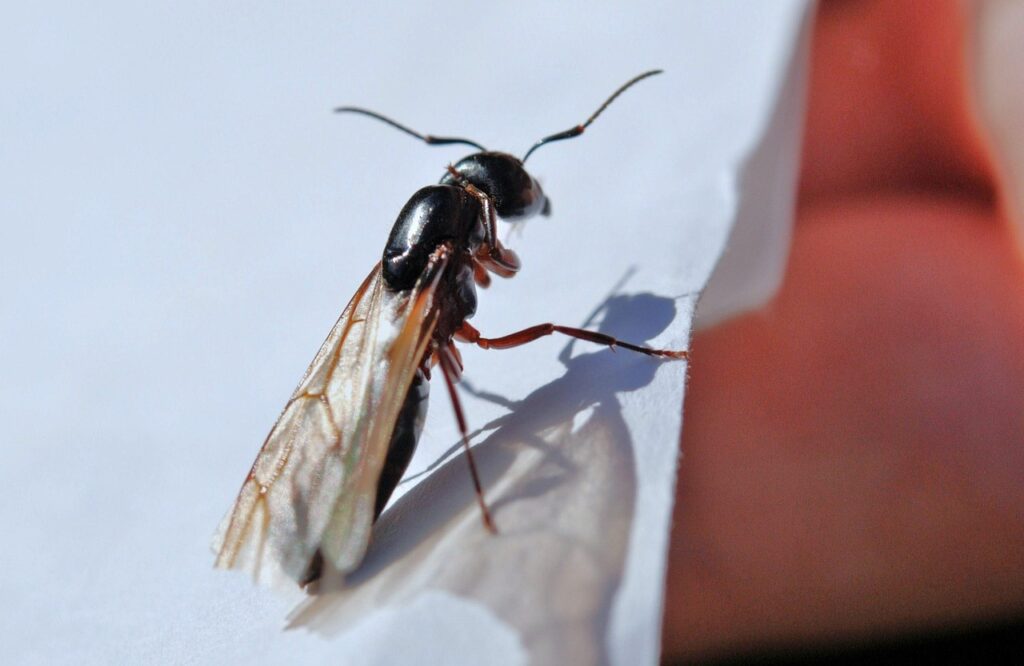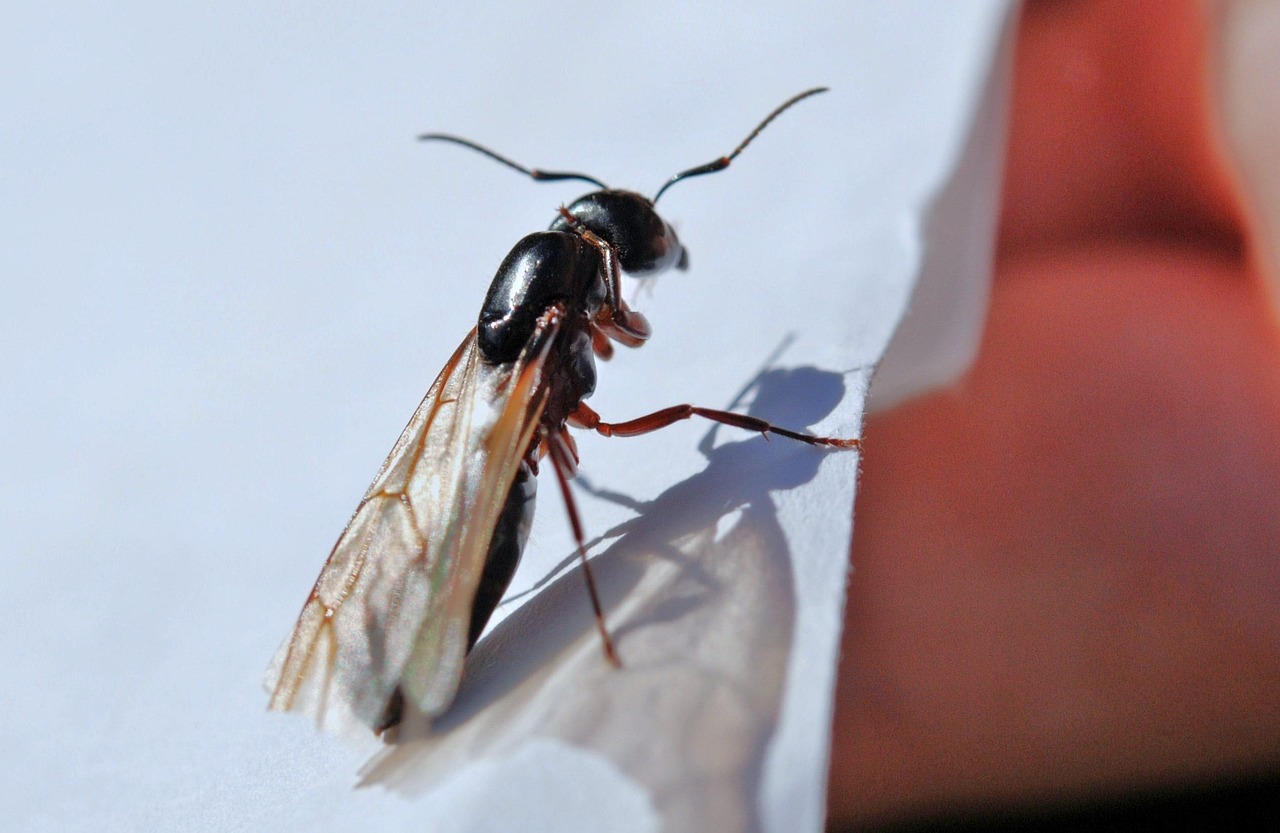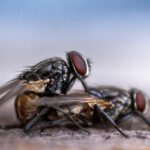
Why You Suddenly See Ants Swarming and Flying Ants Appearing
Table of Contents
- 1. Introduction
- 2. Why Ants Swarm and Appear Suddenly
- 3. What Are Flying Ants?
- 4. What Causes an Ant Infestation?
- 5. Treatment Options for Ant Problems
- 6. Preventing Future Ant Infestations
- 7. Conclusion
1. Introduction
Few things surprise homeowners more than a sudden swarm of flying ants in the kitchen or the appearance of flying ants around the property. These events are more than just a nuisance—they’re signs of a well-established colony nearby. Understanding ant behaviour helps you control and prevent infestations, especially in places like Didcot and Wallingford where garden activity peaks in summer.
2. Why Ants Swarm and Appear Suddenly
Ants live in large colonies that often remain hidden. When they swarm, it usually means their nest has grown, and workers are out searching for food or new nesting sites. Moisture, warm temperatures, and the presence of food encourage this behaviour. You might wake up to a trail of ants invading your home because they discovered crumbs, pet food, or a dripping tap.
3. What Are Flying Ants?
Flying ants are male and female ants that leave the nest to mate. This event, known as a nuptial flight, happens on warm, humid days—often after rain. It’s completely natural, but alarming if it happens in your home. After mating, the males die, and the fertilised queens search for new locations to start colonies.
Seeing a large number of flying ants indoors may indicate a nest inside your property. Outdoors, their presence is part of a seasonal cycle, but indoor sightings suggest an immediate pest issue.
4. What Causes an Ant Infestation?
Ants enter homes for food and water. Once a scout ant finds a source, it lays a pheromone trail for others to follow. Infestations grow quickly if the food remains accessible.
Common causes include:
- Crumbs and uncovered food
- Pet bowls and water dishes
- Leaking pipes or sinks
- Open bin bags and compost bins
- Cracks in walls or flooring
5. Treatment Options for Ant Problems
Several treatments deal with ants effectively, depending on the severity of the infestation:
- Ant baits: These attract worker ants who carry poison back to the nest. It takes time but destroys the colony at its source.
- Residual sprays: These kill ants on contact and deter further activity but don’t reach the nest.
- Professional treatments: Invasive nests, especially those behind walls or under flooring, require pest control technicians. At Shire Pest Solutions, we use targeted gel baits and non-toxic methods to clear infestations safely and thoroughly.
6. Preventing Future Ant Infestations
Once you’ve treated an infestation, keep ants from returning with these tips:
- Clean up spills and crumbs immediately
- Store food in sealed containers
- Keep bins closed and wash them regularly
- Fix leaks and remove standing water
- Seal entry points around windows, doors, and skirting boards
Regular garden maintenance also helps, especially if you’ve experienced ant problems outdoors. Flying ants often emerge from soil or patios with hidden colonies beneath.
7. Conclusion
Sudden ant swarms or flying ant sightings signal that it’s time to act. These insects quickly turn from a minor nuisance into a significant problem if left unchecked. Homeowners in Didcot, Wallingford, and across Oxfordshire should monitor ant activity closely, especially during the warmer months.
If you’ve noticed signs of an ant infestation, don’t wait. Contact Shire Pest Solutions for expert ant control. We offer fast, discreet, and reliable treatments tailored to your property.




